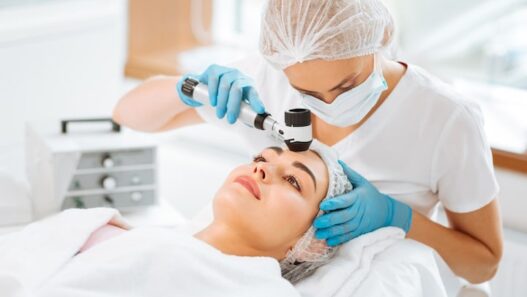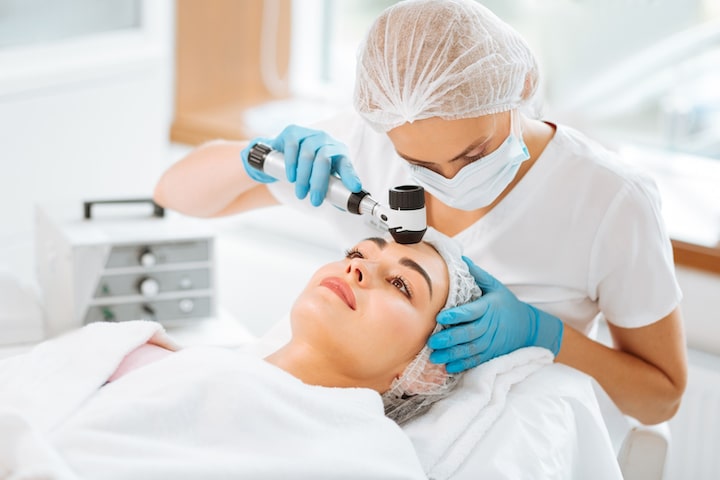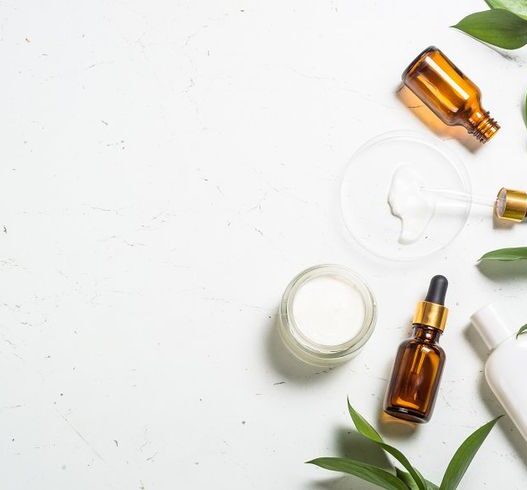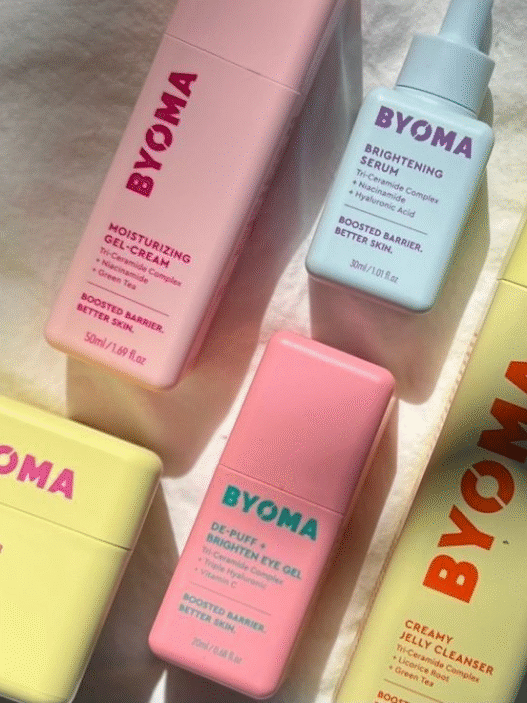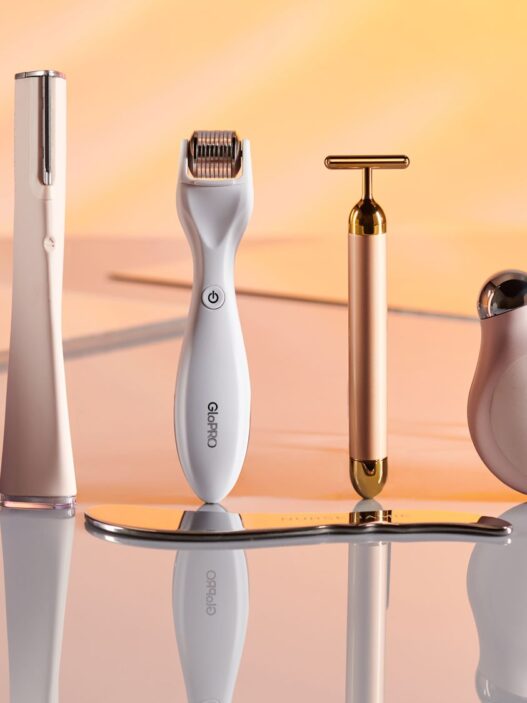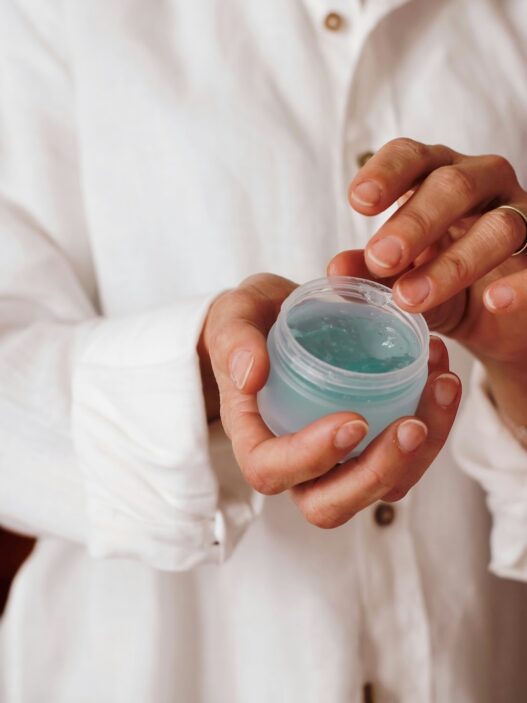Medical grade skin care refers to products formulated with higher concentrations of active ingredients than over-the-counter (OTC) options.
These products are developed using pharmaceutical-grade standards and often require distribution through dermatologists, licensed aestheticians, or medical clinics.
What makes them stand out is not just the strength of the ingredients, but also their proven clinical results. For example, medical-grade retinol creams may contain 0.5%–1% pure retinol, while most OTC products have less than 0.1%. This difference means faster, more visible results.
What Is Medical Grade Skin Care?
Medical-grade skincare, targets specific medical skin conditions like wrinkles, treats acne, and redness. The concentration of active ingredients is higher in medical-grade products. ompanies that produce medical-grade skincare products will often use more stable ingredients that take longer to degrade.
They often use more sophisticated absorption mechanisms so the active ingredients won’t clog pores and can penetrate more deeply into the skin.In contrast, over-the-counter products often contain comparatively trace amounts of the star ingredient, such as retinol or hyaluronic acid, boosted with fillers ineffective additives.
FDA And Regulation
The FDA does not officially recognize “medical-grade” as a regulated category. Instead, skincare products usually fall into three groups:
- OTC Pharmaceuticals – Ingredients that meet USP (United States Pharmacopeia) standards for purity and potency, such as niacinamide, salicylic acid, allantoin, and retinol. These ingredients are pure enough to be used in actual medications, manufactured under strict standards.
- Cosmetics – Most beauty products fall here. While safety checks exist (to prevent harmful substances like mercury or lead), brands don’t need to prove clinical efficacy for cosmetic ingredients.
Benefits Of Medical Grade Skin Care
The benefits of using medical grade skincare are that by using scientifically backed, plus high quality and higher strength ingredients, they promote better overall skin health while helping you look and feel your best.
Anti-Aging Benefits
Medical-grade products contain anti-aging ingredients that minimize or eliminate facial lines and wrinkles. With consistent use, you’ll see improvements in those signs of aging, and lines and wrinkles will fade over time.
Anti-aging professional skincare products are effective for patients in their 20s, 30s, 40s, and beyond, as they can prevent, slow, and even reverse the visible signs of aging that inevitably affect the skin.
Medical-grade products are highly effective in skincare for anti-aging as they minimize wrinkles, reduce fine lines, and help maintain youthful skin.
Improve Skin Texture
An irregular skin texture is a common complaint among patients who want better skin. Whether bumps, blemishes, or other irregularities are preventing you from achieving a smooth complexion, we can help determine which products will target those irregularities and improve your skin texture.
Tighter Skin
As you age, your skin loses elasticity as your body produces less elastin, a protein responsible for keeping skin tight and toned. Our medical-grade lines have products that will improve skin elasticity and skin health.
These products will help correct sagging or drooping skin, target those wrinkles that result from volume loss, and shrink your large pores that appear even larger because of skin laxity.
With regular use, you’ll notice tighter skin and a reduction in the most common signs of aging caused by decreased elastin production.
Enhanced Sun Protection
Sunscreen is one of if not the most important staples in a professional skincare regimen in West Melbourne. It’s one of those non-negotiable products because it protects your skin from aging and the harmful UV rays.
While there are many different sunscreens available to choose from, the best ones are medical grade. These products will protect your skin from all types of UV rays, moisturize your skin, and deliver anti-aging benefits.
Medical-grade sunscreens also contain nutrient-rich ingredients that will hydrate and perfect the skin.
Long-Lasting Results
Another benefit of incorporating medical-grade products into your skincare regimen is that once you see improvements in your skin, you can enjoy them long-term.
A commitment to regular use is key to targeting and improving certain skin conditions, and with continued use, you can enjoy long-lasting results.
Once you achieve your ideal complexion, you can prevent skin conditions from reappearing or other ones from affecting your skin.
Common Medical-Grade Ingredients In Skincare
Medical-grade skincare products have plenty of active ingredients that are specially designed to address various skin problems. Some medical-grade ingredients that are the most common in skincare are such
Retinoids
These derivatives of vitamin A are very efficient in the visual reduction of fine lines, wrinkles, and acne scars. The way they operate is by elevating cell turnover and encouraging the synthesis of collagen, which not only revitalizes the skin but makes it firmer also.
Retinoids are the foundation of many Retinol skincare routines, as they enable the growth of new cells and collagen to minimize wrinkles.

Vitamin C
Vitamin C is a potent antioxidant that greatly assists the skin is this product. by the protection of skin from all sorts of stressors of nature like dirt and sun rays. Moreover, it also provides a radiance to the skin and helps even the complexion out.
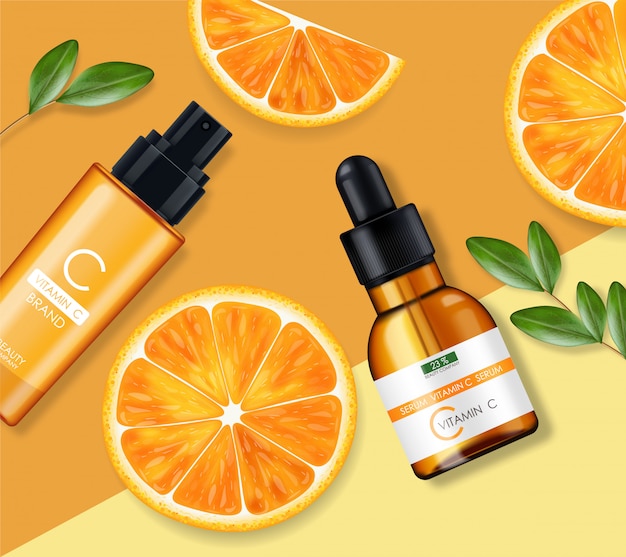
Alpha Hydroxy Acids
Them being natural acids, are highly efficient in skin exfoliation and main cell turnover. They also assist in texturing and toning the skin, and their role in diminishing those tiny wrinkles is also acknowledged by doctors.
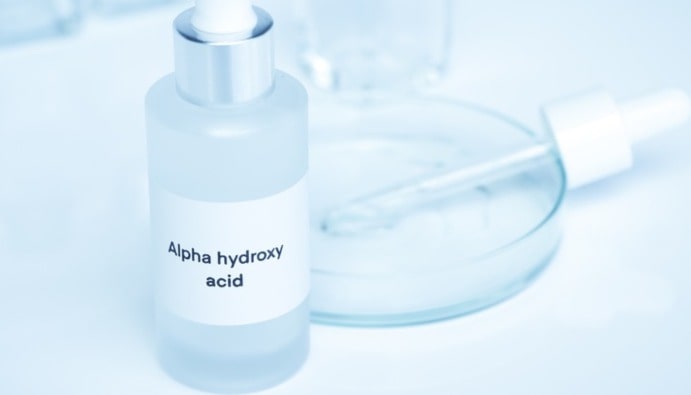
Niacinamide
An anti-inflammatory and brightening ingredient that improves skin barrier function. Medical-grade niacinamide serums can contain up to 10% concentration, ensuring visible results.
Medical grade Niacinamide skincare helps brighten the skin, reduce inflammation, and strengthen the skin barrier for healthier, glowing results.
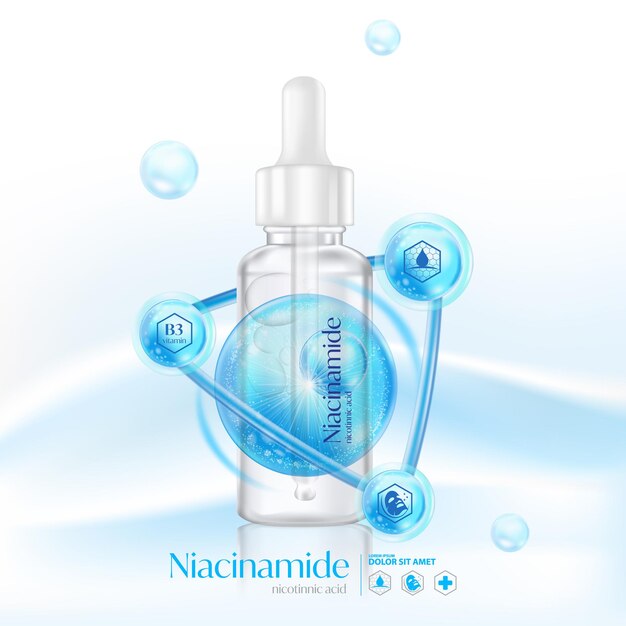
Peptides
These are short chains of amino acids that help to promote collagen production and improve the elasticity of the skin. They are highly effective in reducing the appearance of fine lines and wrinkles.

Growth Factors
These are proteins that help to promote the growth and regeneration of skin cells. They are highly effective in reducing the appearance of fine lines, wrinkles, and other signs of aging.
How To Choose Medical-Grade Skincare Products
Choosing the right medical-grade skincare products can be challenging, but here are some tips to help you make the right choice:
Consultation With A Skincare Professional
It is always a good idea to consult with a licensed skincare professional before using medical-grade skincare products. They can assess your skin type and recommend products that are best suited to your specific needs.
Look For Ingredients Backed By Scientific Research
Medical-grade skincare products should contain active ingredients that are backed by scientific research. Look for products that contain high concentrations of active ingredients, as these are more effective in delivering visible results.
Check The Concentration Of The Ingredients
The concentration of the active ingredients in medical-grade skincare products is important. Look for products that contain high concentrations of active ingredients, as these are more effective in delivering visible results.
What Dermatologists Say
Dermatologists agree that medical-grade products can help with acne, wrinkles, rosacea, and pigmentation, but they are not magic solutions.Trusted medical-grade brands often publish real clinical studies. For example, Alastin has over 60 peer-reviewed studies proving their formulas work.It’s best to choose products that provide measurable data, not just marketing claims or before-and-after pictures.
Conclusion
Investing in high-quality skincare products is important for maintaining healthy and youthful-looking skin.
Medical-grade skincare products contain active ingredients that are highly effective in addressing various skin concerns, and they are also safe to use when administered by a licensed skincare professional.
When choosing medical-grade skincare it is important to consult with a skincare professional, look for ingredients backed by scientific research, check the concentration of the ingredients, and check the quality of the product and the manufacturer.






